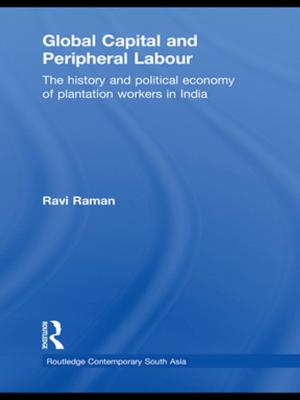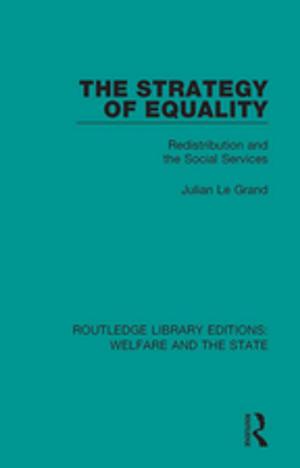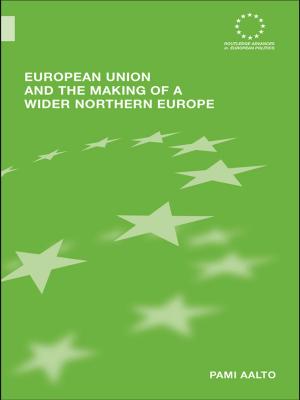Integrating Immigrants in the Netherlands: Cultural Versus Socio-Economic Integration
Cultural Versus Socio-Economic Integration
Nonfiction, Social & Cultural Studies, Social Science| Author: | ISBN: | 9781351768771 | |
| Publisher: | Taylor and Francis | Publication: | November 1, 2017 |
| Imprint: | Routledge | Language: | English |
| Author: | |
| ISBN: | 9781351768771 |
| Publisher: | Taylor and Francis |
| Publication: | November 1, 2017 |
| Imprint: | Routledge |
| Language: | English |
This title was first published in 2003. Using a behaviourist and quantitative approach, this study examines the vexed questions surrounding the economic and cultural integration of immigrants into the Netherlands. The authors use the Dutch case as a specific example of a wider European problem. The book examines the two opposing theoretical and political points of view on integration, whether immigrants need to adapt to the dominant culture before they are able to fully participate in socio-economic life, or whether as they participate in socio-economic life they will gradually adapt to the dominant culture. Based primarily on quantitative research, the authors unravel the complex interrelationship between cultural and socio-economic integration. They explore some of the barriers to entry into Dutch society and discuss questions of ethnic identification, parenting, educational achievement and the labour market. Since contextual factors clearly affect integration, the study also looks at the effects of migrant policies and immigration policies in different West European countries and examines social distance from immigrant groups by the native Dutch population.
This title was first published in 2003. Using a behaviourist and quantitative approach, this study examines the vexed questions surrounding the economic and cultural integration of immigrants into the Netherlands. The authors use the Dutch case as a specific example of a wider European problem. The book examines the two opposing theoretical and political points of view on integration, whether immigrants need to adapt to the dominant culture before they are able to fully participate in socio-economic life, or whether as they participate in socio-economic life they will gradually adapt to the dominant culture. Based primarily on quantitative research, the authors unravel the complex interrelationship between cultural and socio-economic integration. They explore some of the barriers to entry into Dutch society and discuss questions of ethnic identification, parenting, educational achievement and the labour market. Since contextual factors clearly affect integration, the study also looks at the effects of migrant policies and immigration policies in different West European countries and examines social distance from immigrant groups by the native Dutch population.















